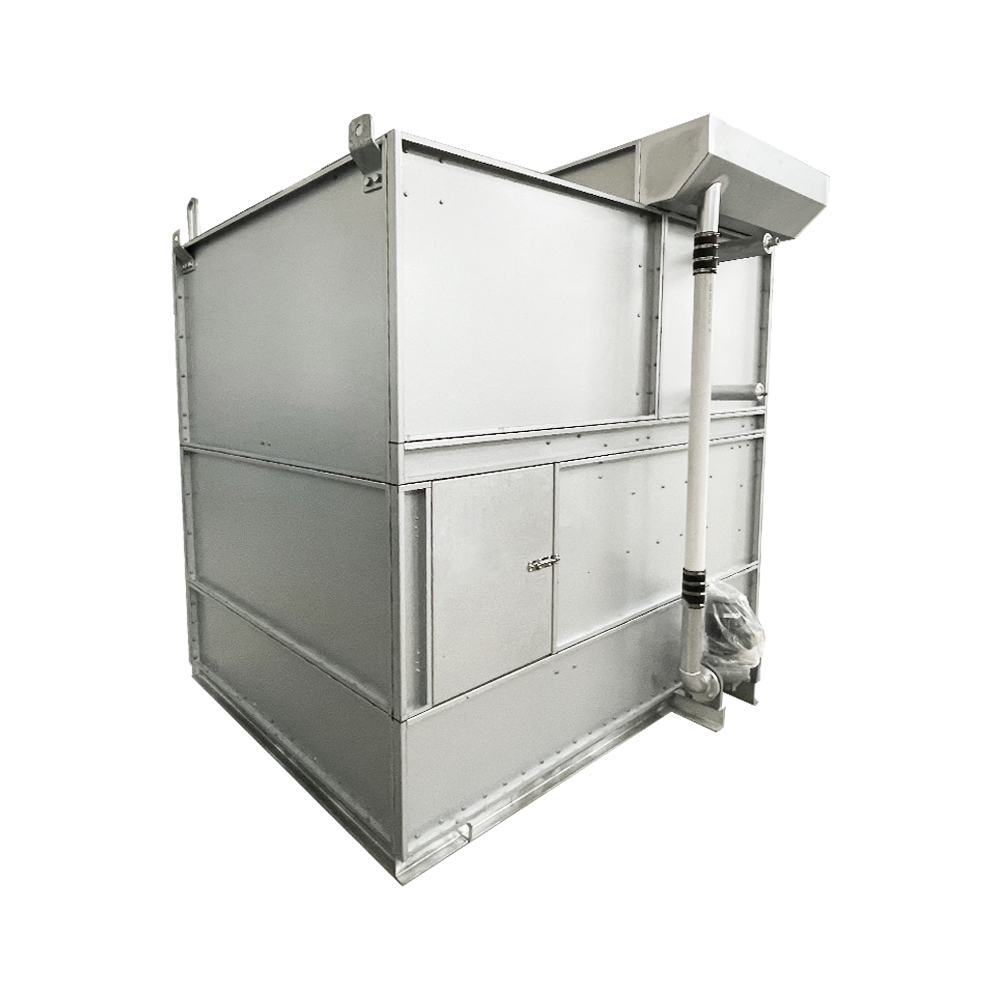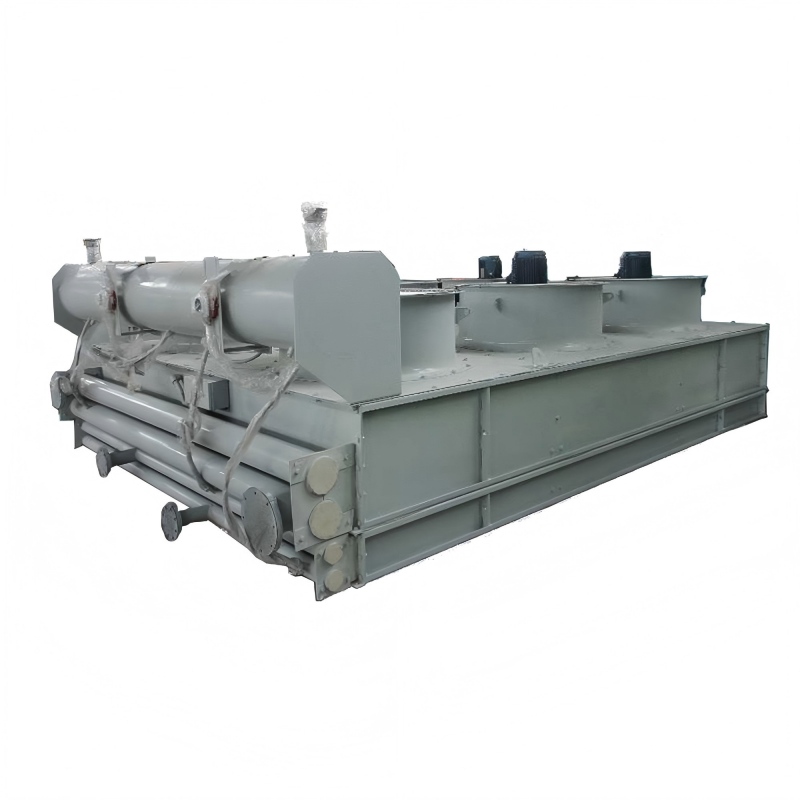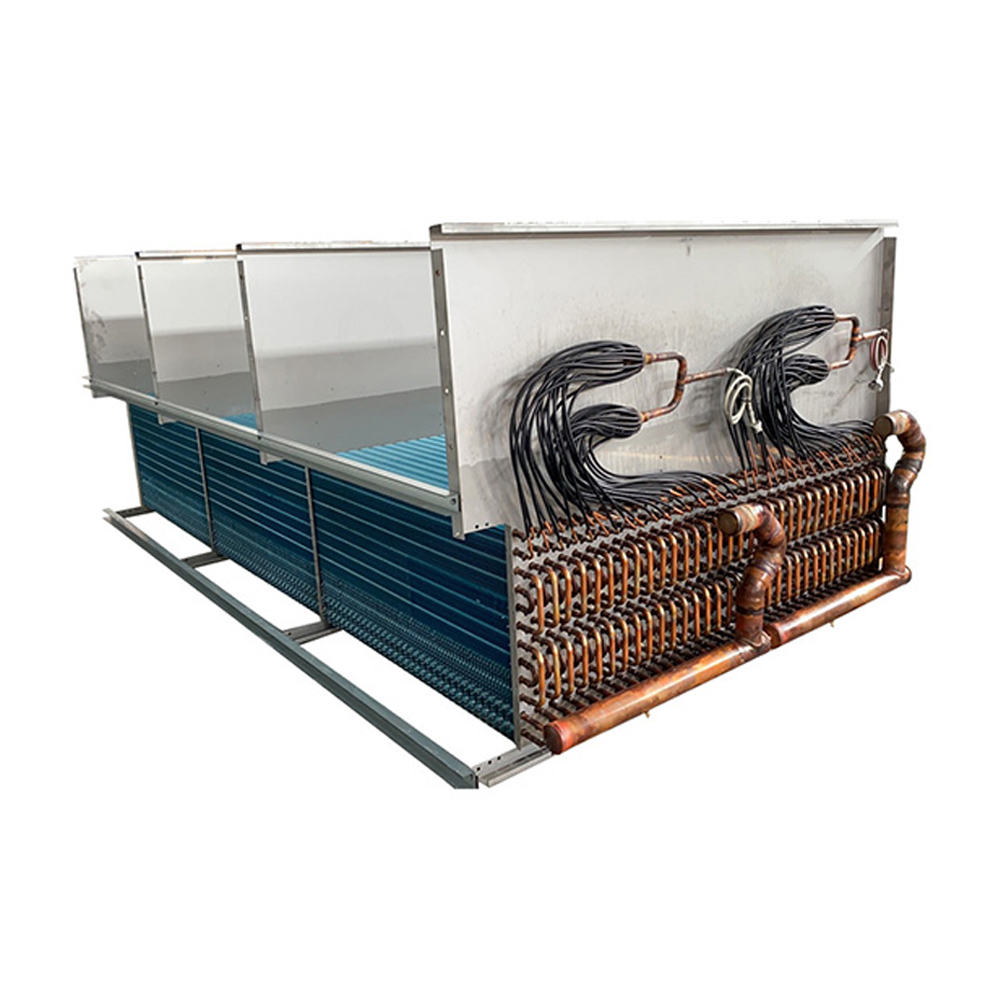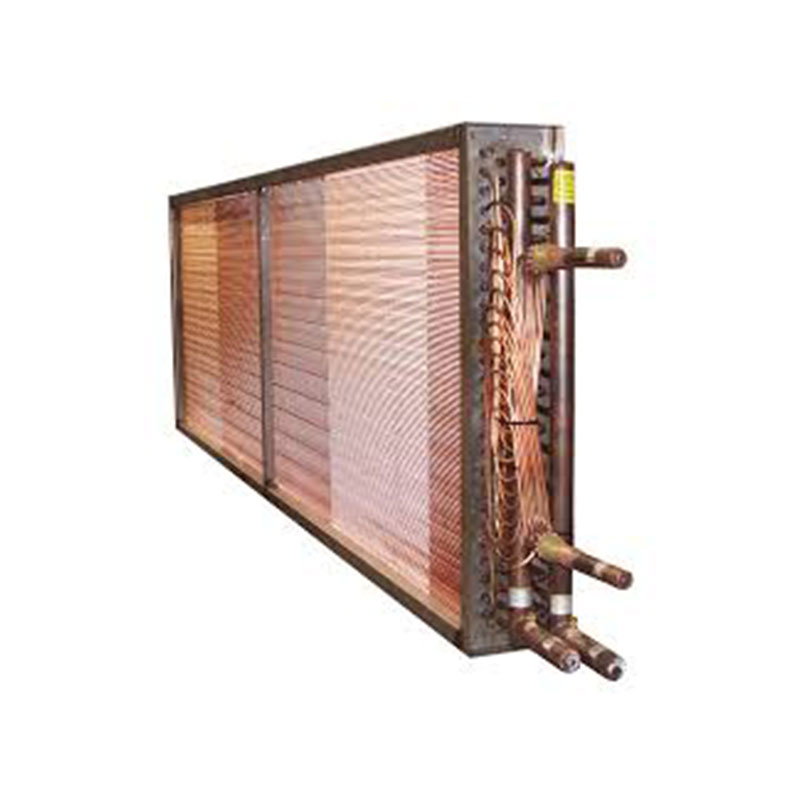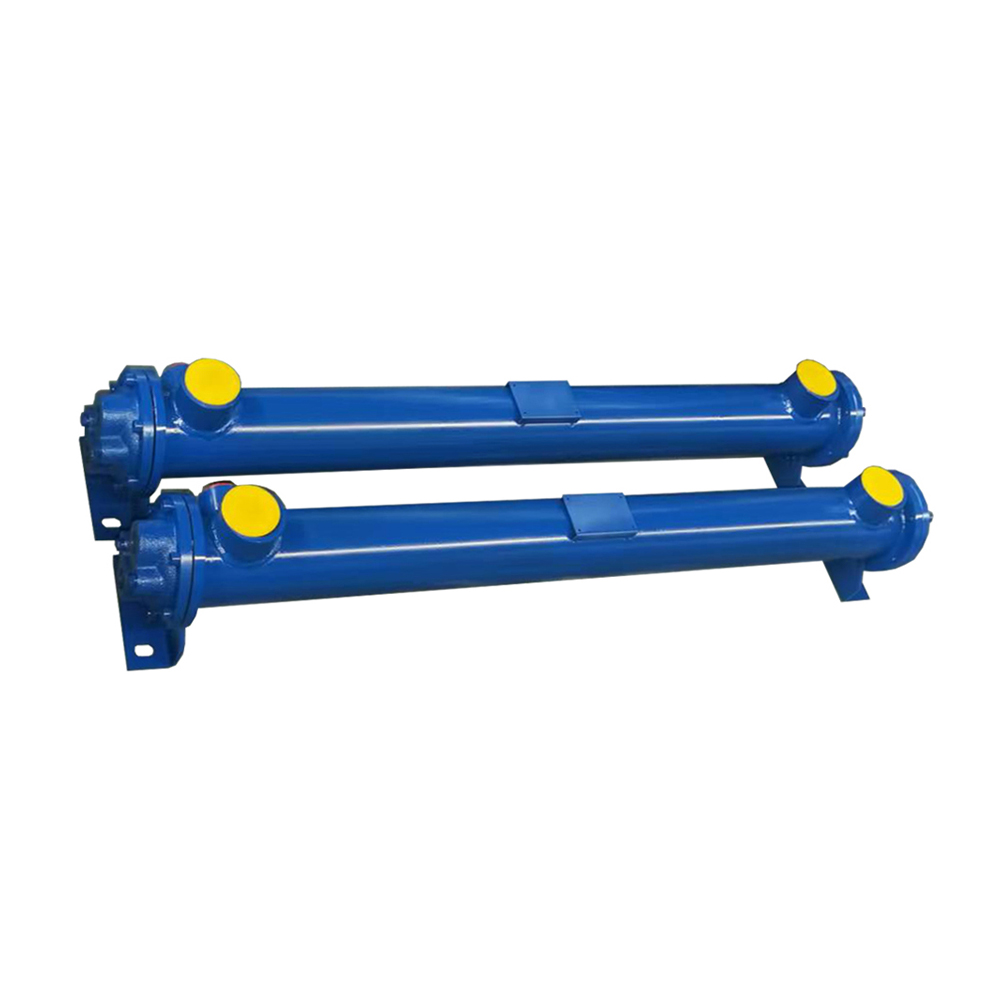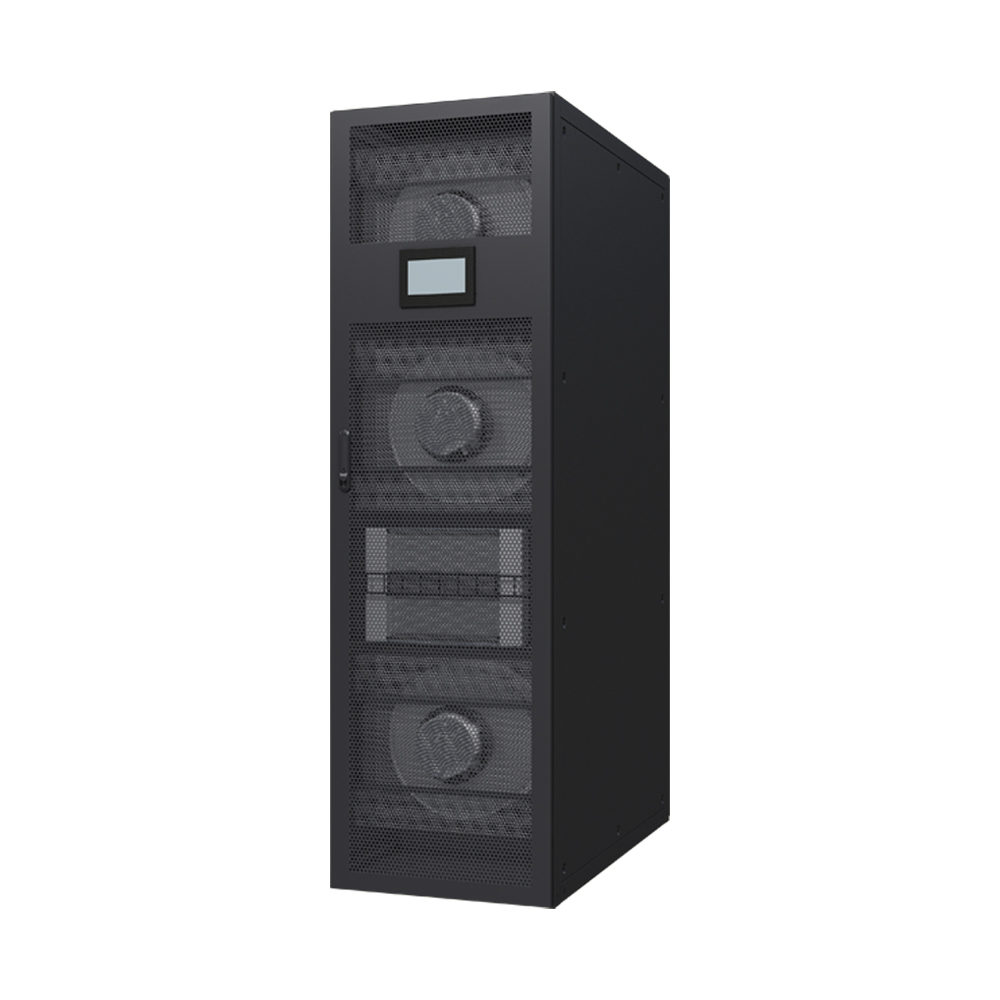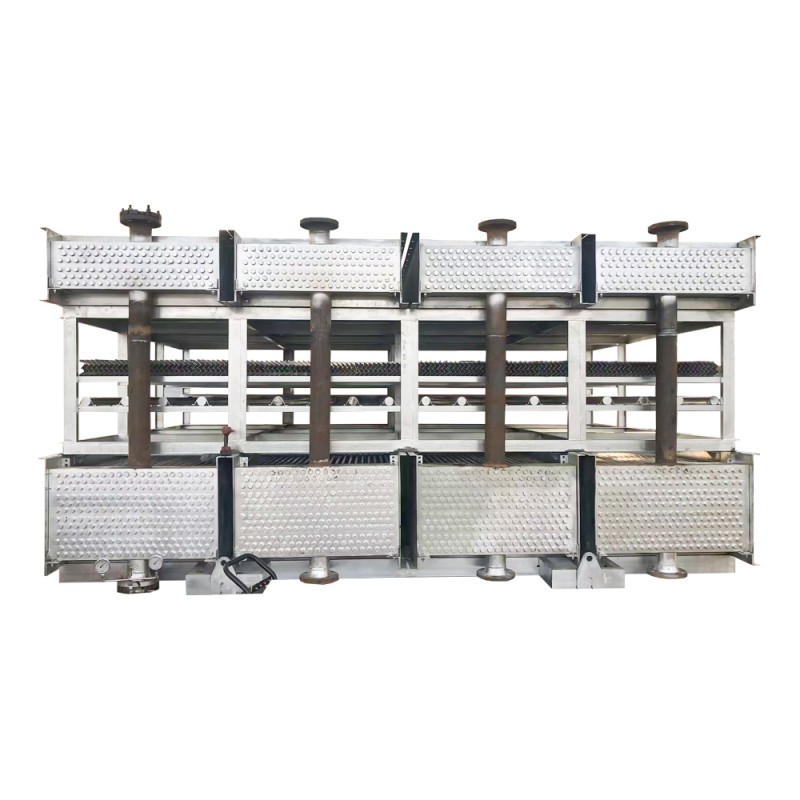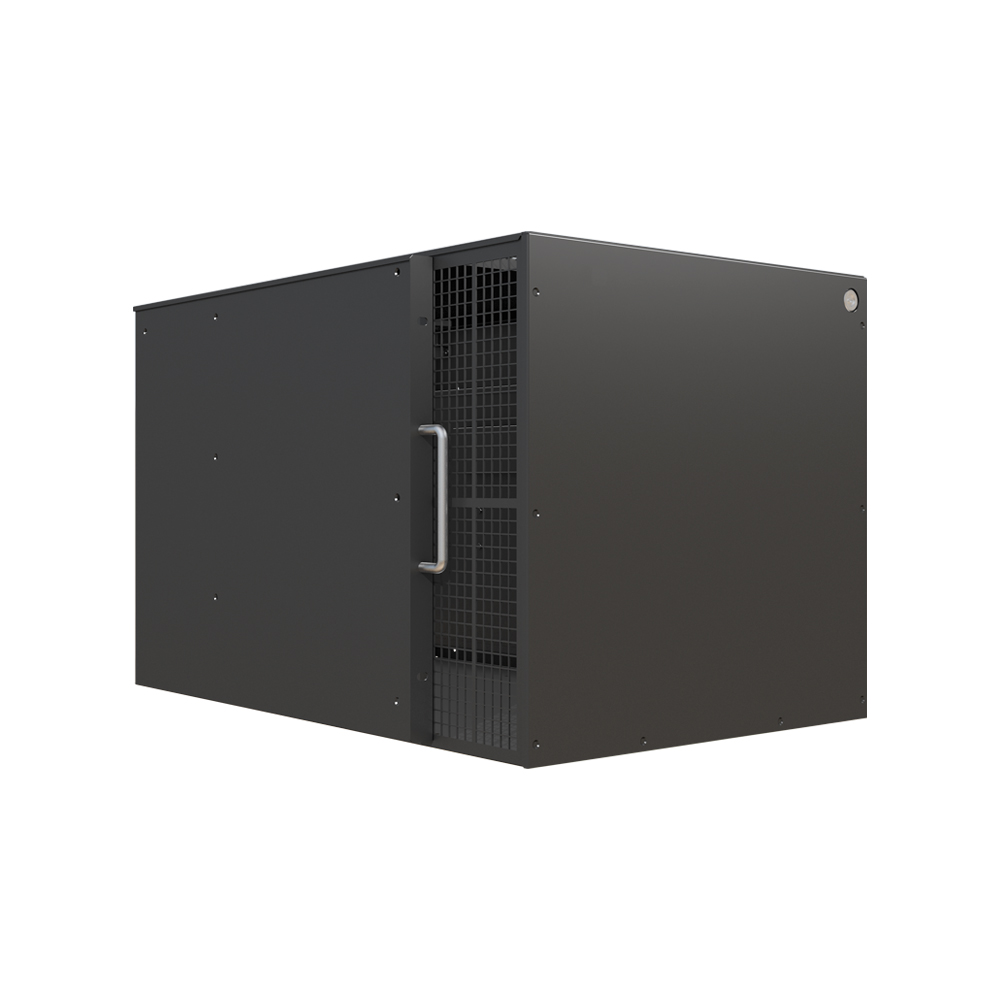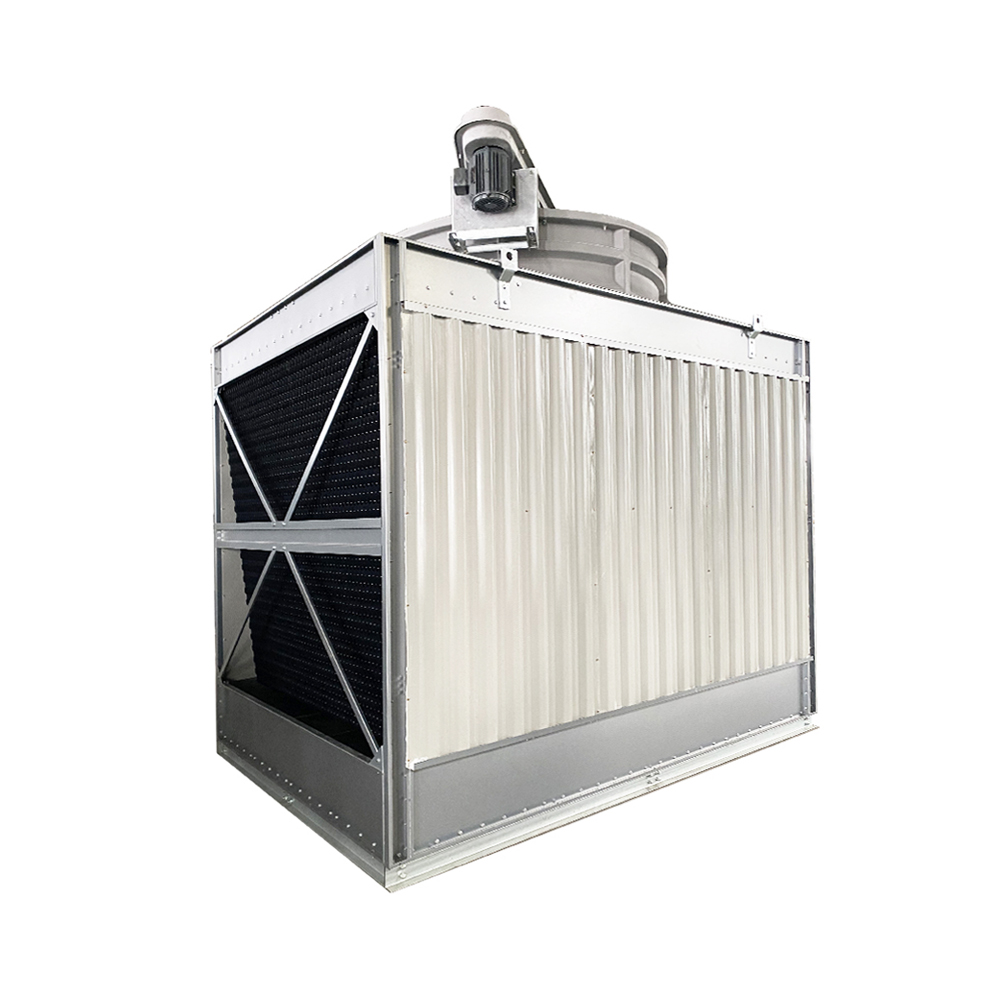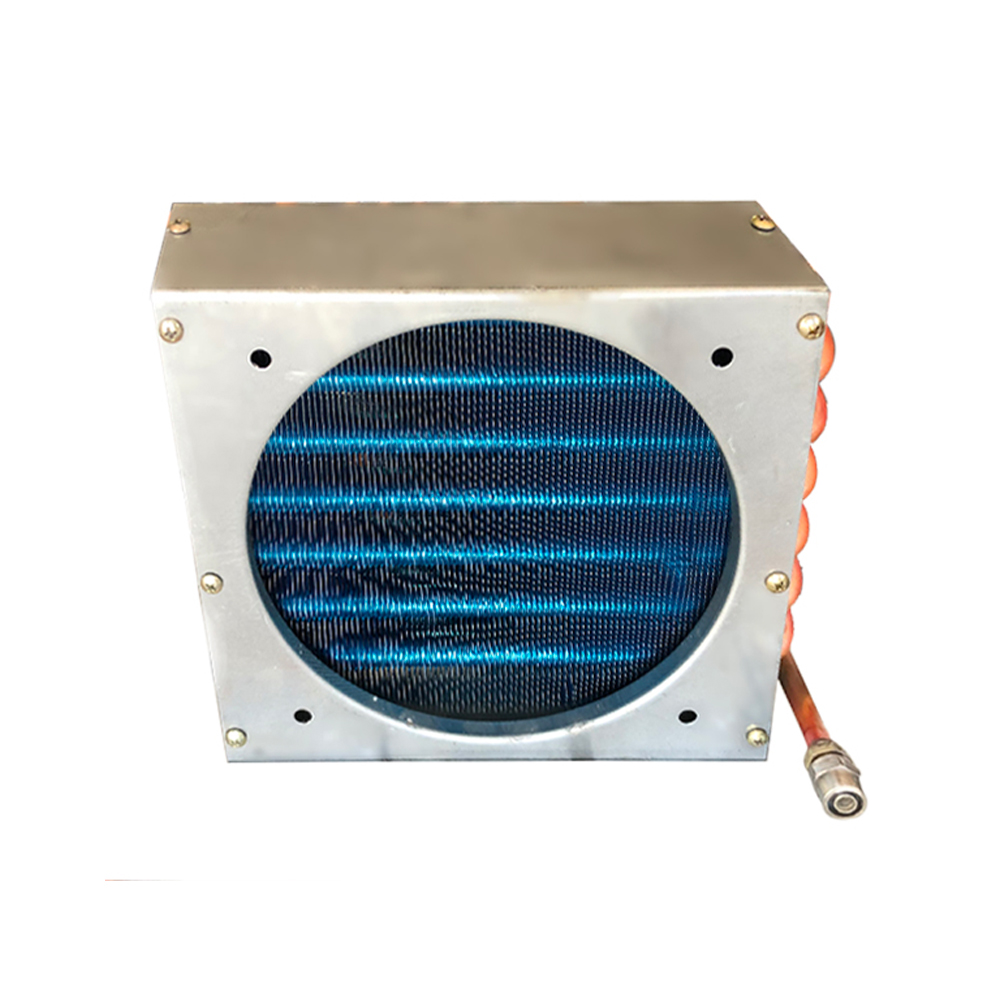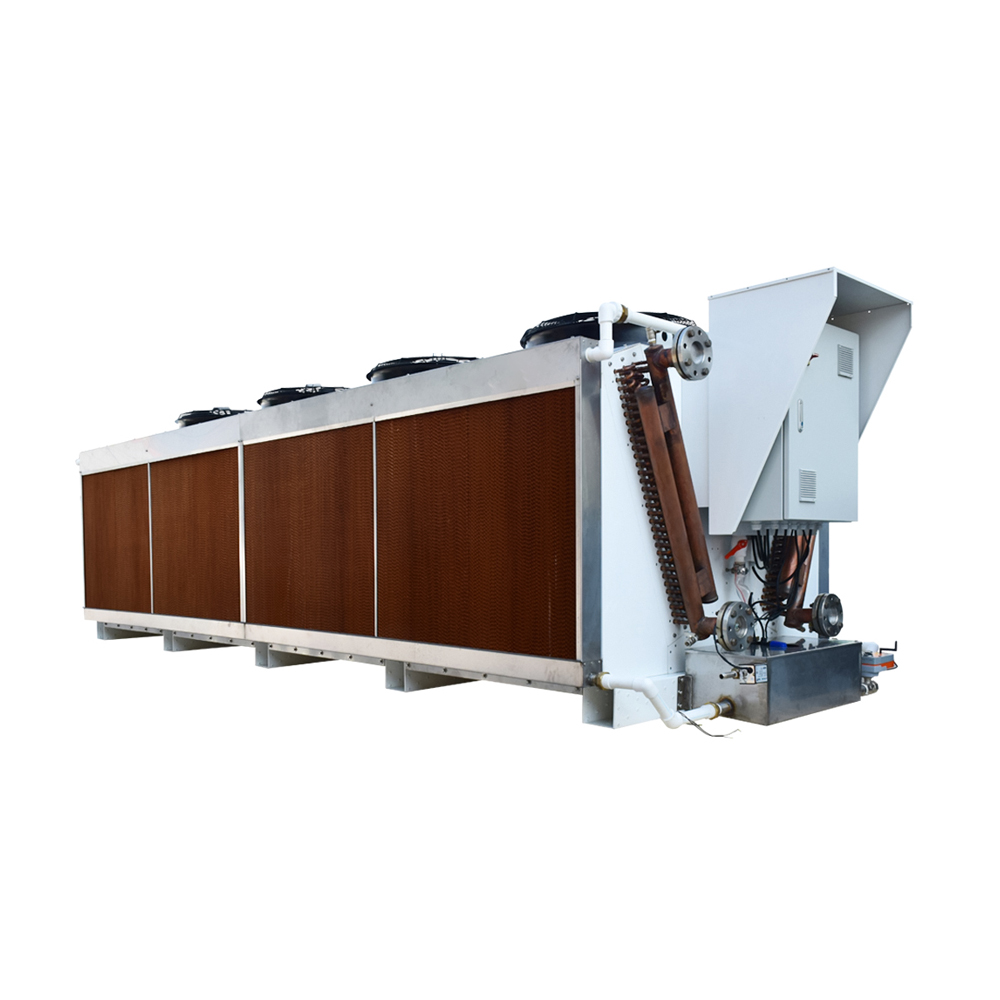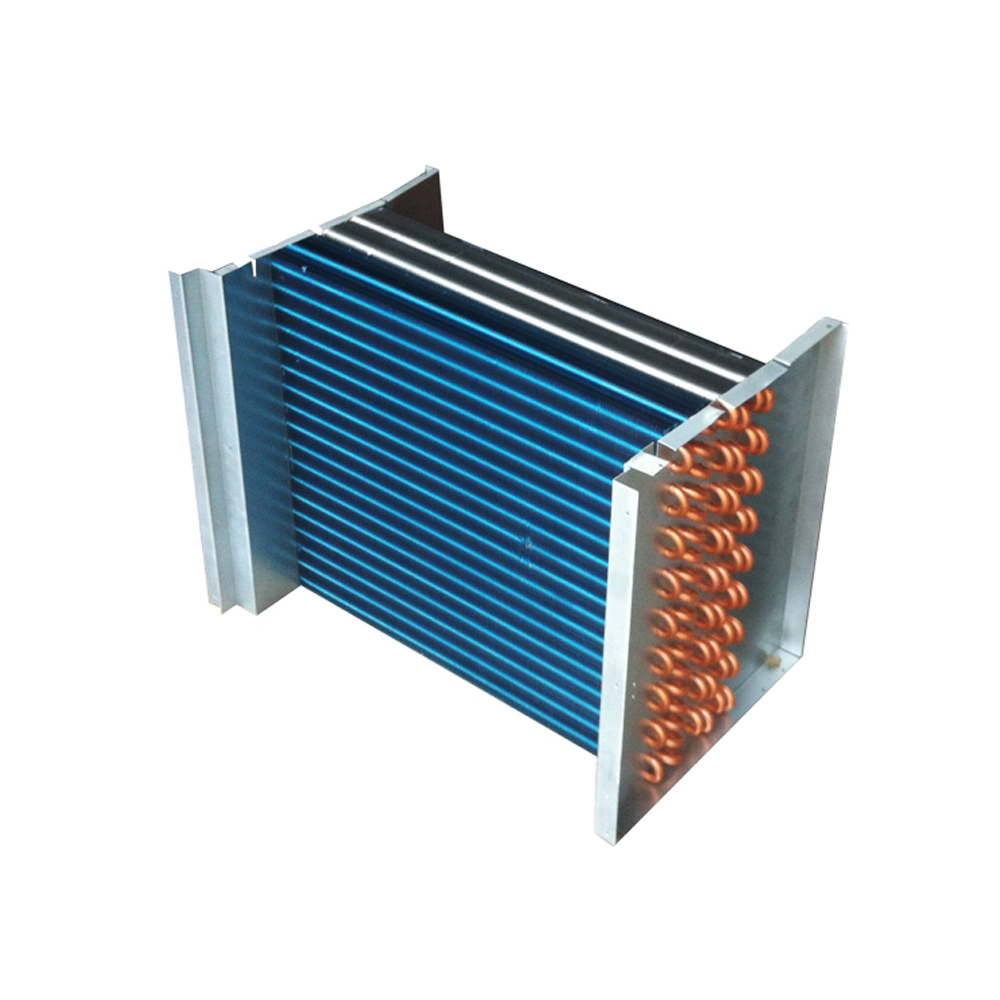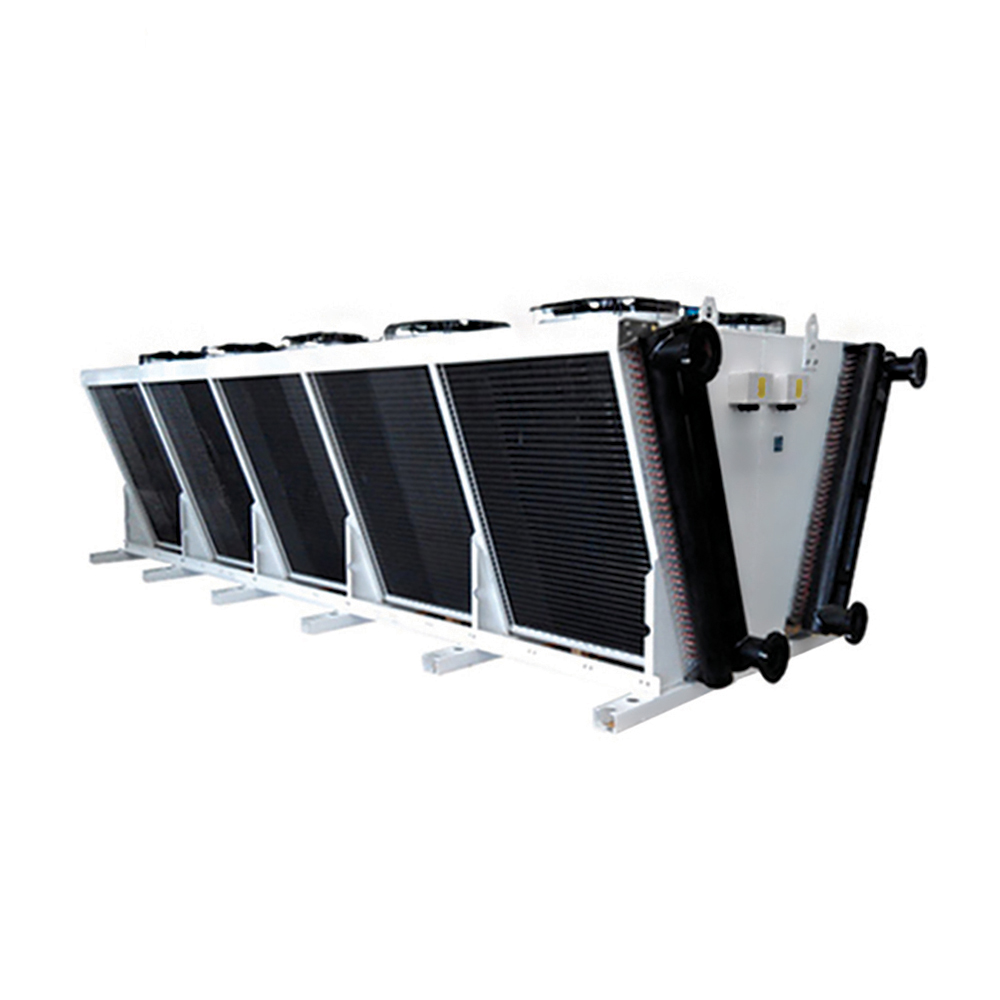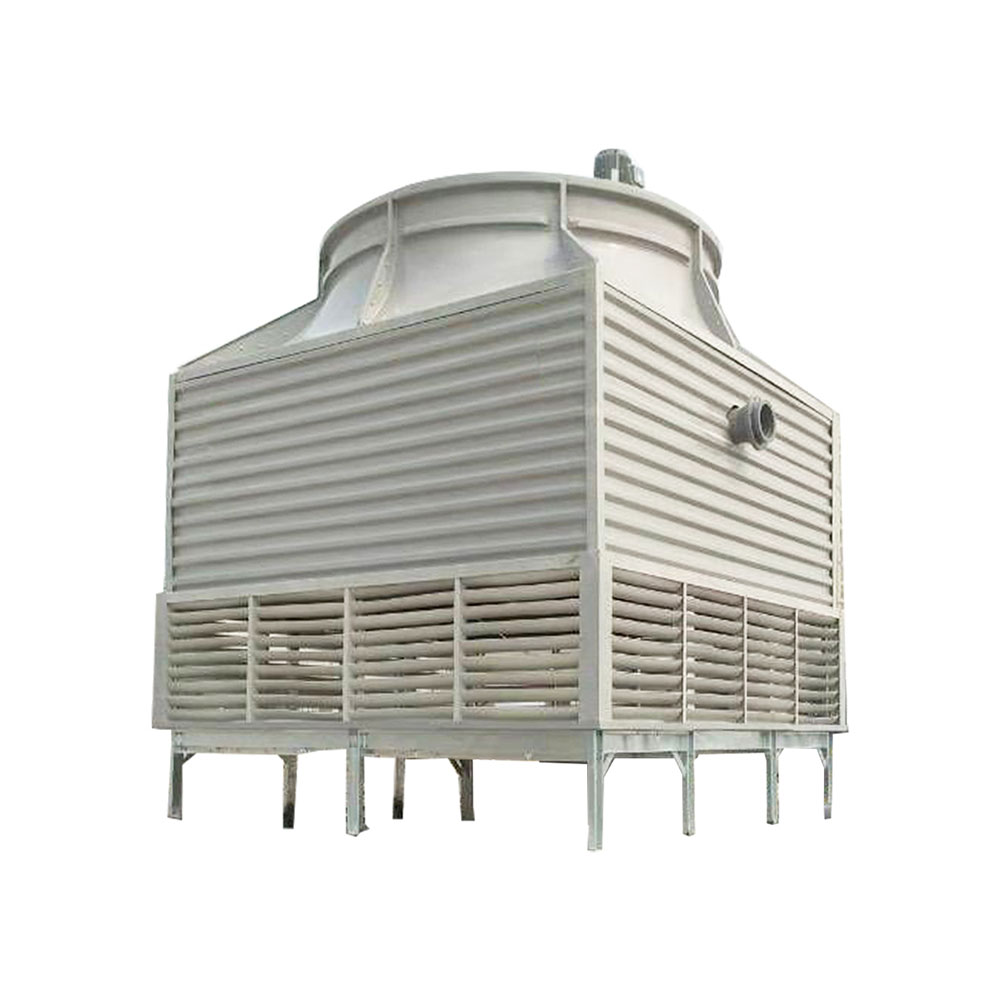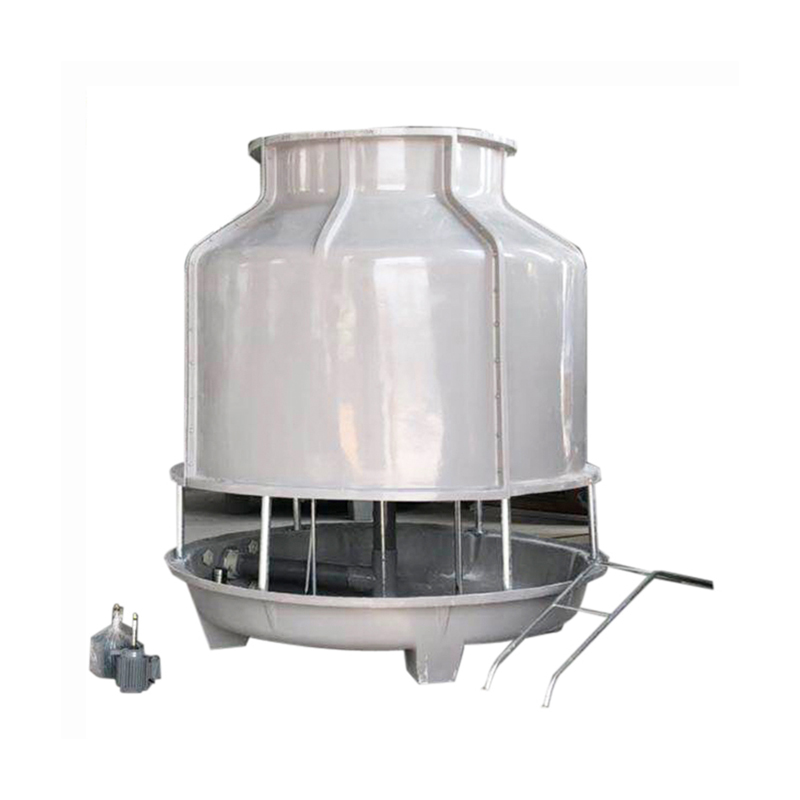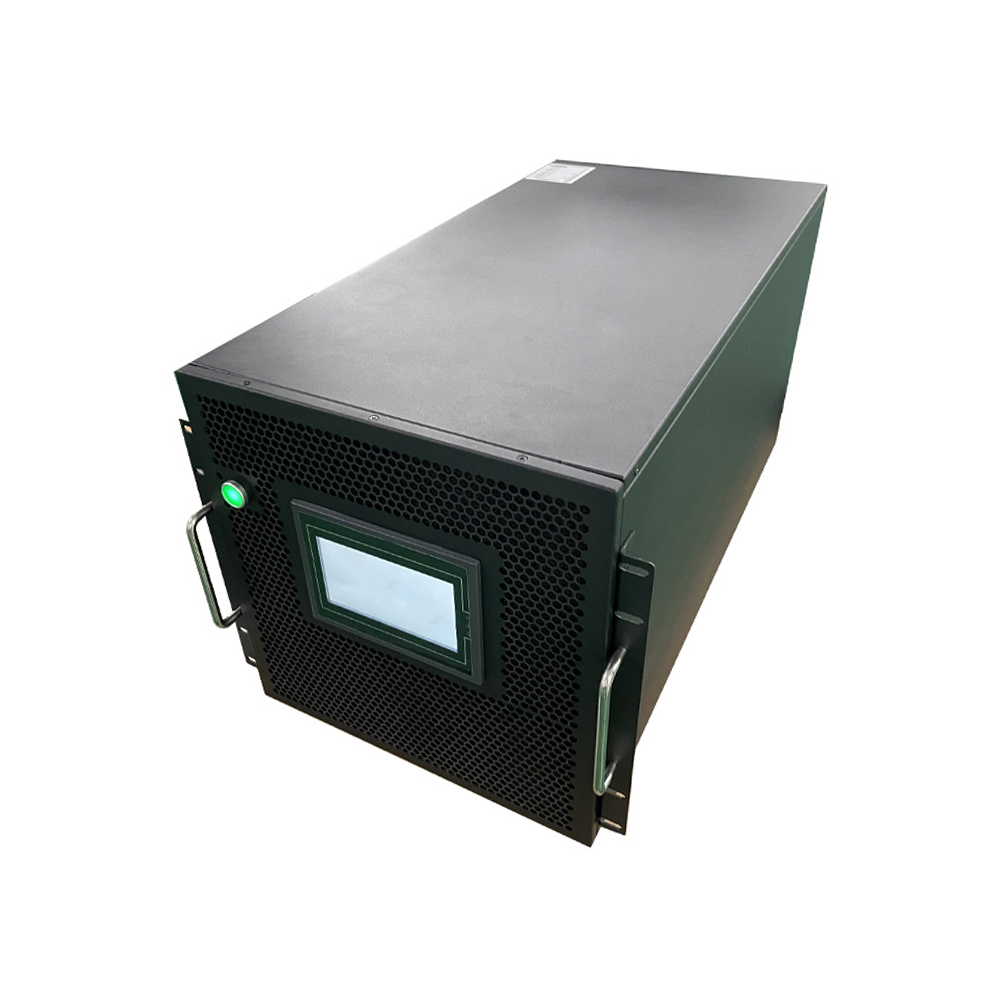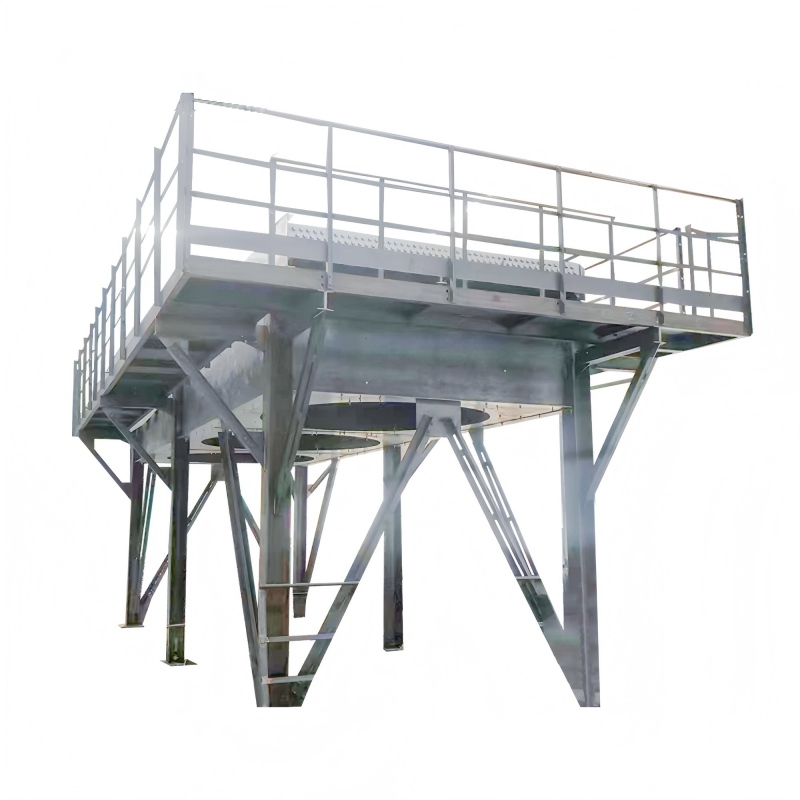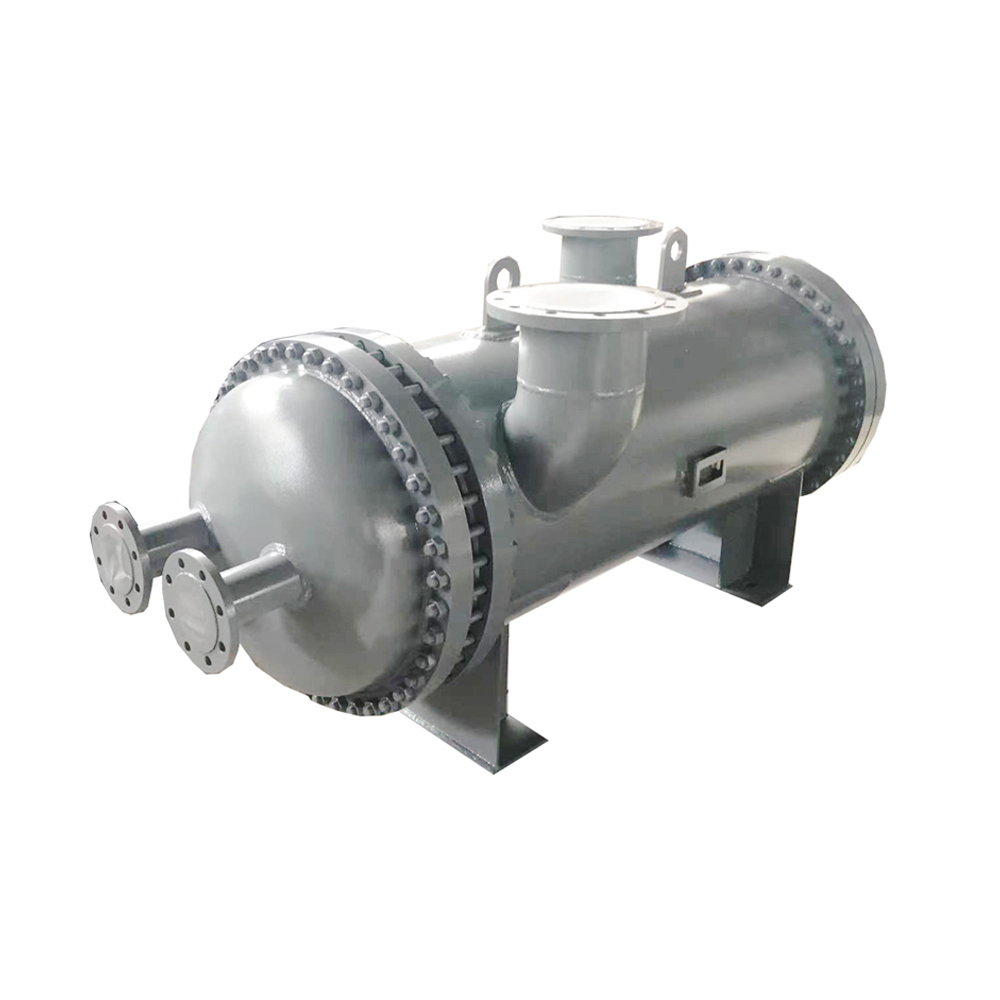This guide provides an in-depth look at choosing the best cooling coil for your needs. We'll explore different types, factors to consider, and help you make an informed decision. Learn about efficiency, installation, and maintenance to ensure optimal performance and longevity.
Understanding Cooling Coils
What is a Cooling Coil?
A cooling coil, also known as an evaporator coil, is a crucial component in refrigeration and air conditioning systems. It's a heat exchanger where refrigerant absorbs heat from the air or liquid, causing it to cool. The efficiency and performance of your entire system depend heavily on the choice of cooling coil.
Types of Cooling Coils
Several types of cooling coils exist, each with its own advantages and disadvantages. These include:
- Finned Tube Cooling Coils: The most common type, featuring copper tubes with aluminum fins to maximize surface area for heat transfer. These are versatile and suitable for various applications.
- Microchannel Cooling Coils: Use smaller tubes for improved efficiency and reduced refrigerant charge. They are often more expensive but can offer significant long-term savings.
- Plate Cooling Coils: Composed of flat plates with channels for refrigerant flow. They are known for their compact design and high efficiency.
Factors to Consider When Choosing a Cooling Coil
Capacity and BTU Rating
The BTU (British Thermal Unit) rating indicates the cooling capacity of the cooling coil. Accurately determining your cooling needs is crucial to selecting a coil with the appropriate capacity. Undersized coils struggle to keep up, while oversized coils can lead to inefficient operation and increased energy costs.
Refrigerant Type
The type of refrigerant used significantly impacts the cooling coil's performance and environmental impact. Consider the environmental regulations and the compatibility of the refrigerant with your existing system.
Material and Construction
The material of the cooling coil affects its durability, corrosion resistance, and efficiency. Copper is a popular choice for its excellent heat transfer properties and longevity. Aluminum is a lighter and more cost-effective option, but may be less resistant to corrosion.
Installation and Maintenance
Consider the ease of installation and the accessibility for future maintenance when choosing a cooling coil. Regular cleaning and inspection are essential for optimal performance and longevity. Easy access to cleaning components can save time and money in the long run.
Choosing the Right Cooling Coil for Your Needs
The best cooling coil depends heavily on your specific application. For commercial applications, consider higher-capacity coils with durable construction, potentially opting for microchannel technology for increased efficiency. For residential use, finned tube coils often offer a balance of cost and performance.
Top Brands and Where to Buy
Several reputable manufacturers produce high-quality cooling coils. Researching brands and comparing specifications is crucial. For reliable and efficient cooling coils, consider contacting Shanghai SHENGLIN M&E Technology Co.,Ltd for their extensive range of products and expert advice.
Maintaining Your Cooling Coil
Regular maintenance, including cleaning and inspection, is vital for prolonging the life of your cooling coil and ensuring optimal performance. This includes removing dirt, debris, and other contaminants that can hinder heat transfer and reduce efficiency. Regular servicing by a qualified technician is also recommended.
Remember, selecting the right cooling coil is an investment in the efficiency and longevity of your cooling system. Careful consideration of the factors discussed above will help you choose the best option for your specific needs.









